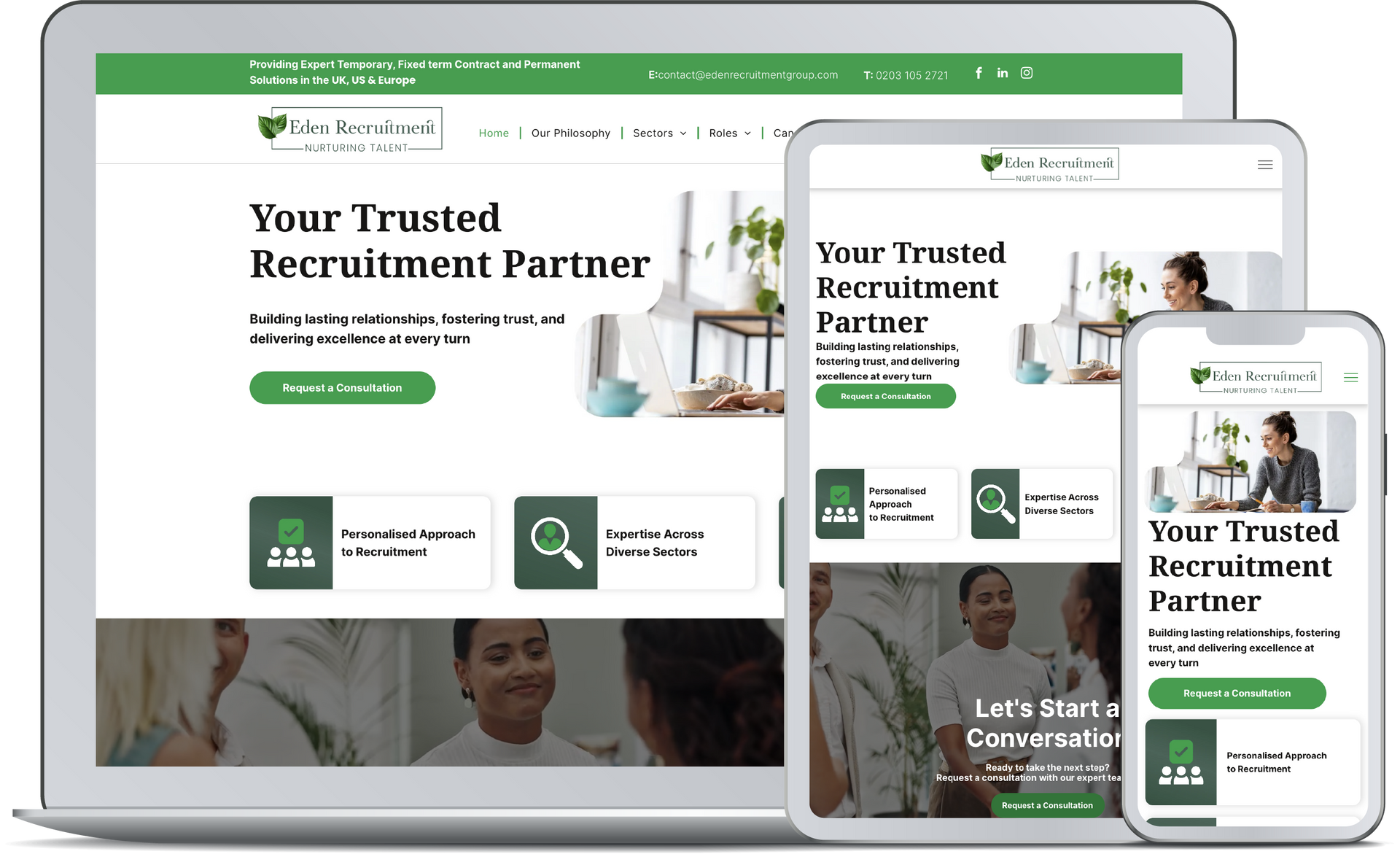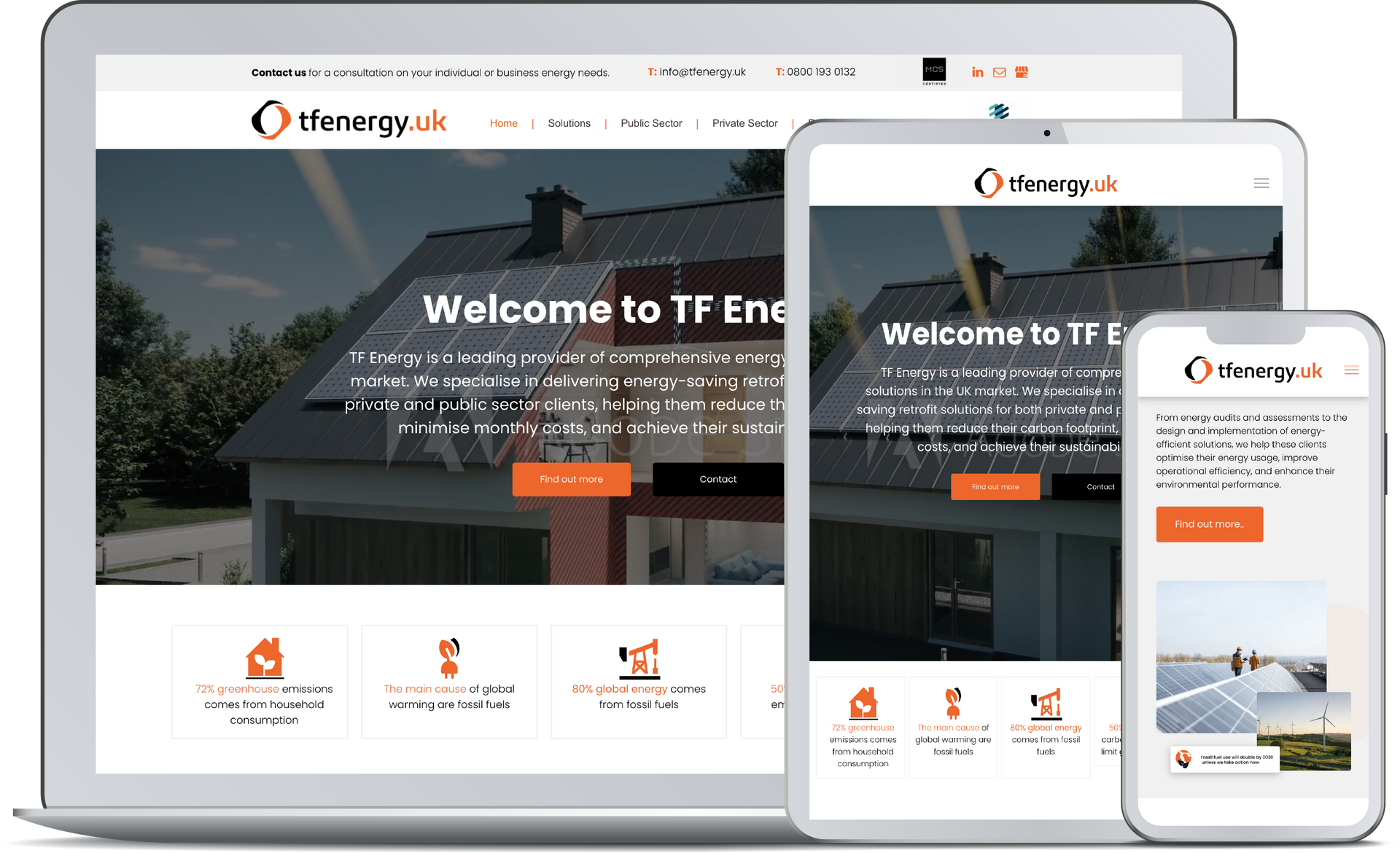Check out our website and search packages and order online today or request a call from a senior designer!
T | 0800 222 9275

How to Prepare Your Website Design Business for Sale: A Step-by-Step Guide
Selling your website design business is a significant decision, and preparing for it can make the difference between securing a good deal and leaving money on the table. To maximise the value of your business and attract the right buyers, it’s essential to get your agency in order before the sale process begins.
In this step-by-step guide, we’ll walk you through the key areas to focus on—financial preparation, client retention, streamlining operations, and more—so that your business is in its best shape when it hits the market.
1. Organise Your Financials
The first and most important step in preparing your website design business for sale is getting your financials in order. Potential buyers will closely examine your financial records to assess the profitability and stability of your business. Accurate, organised financials will build confidence and help you negotiate a better price.
Here’s what to focus on:
- Profit and Loss Statements: Ensure your profit and loss statements are up to date and accurately reflect your revenue, expenses, and profit margins. Buyers will want to see a clear picture of how your business is performing.
- Balance Sheets: Keep your balance sheets accurate and transparent. Buyers will use these to evaluate your assets, liabilities, and overall financial health.
- Recurring Revenue: Highlight any recurring revenue streams, such as hosting or maintenance contracts. Recurring income provides security to buyers and can significantly increase the value of your business.
- Financial Projections: Provide realistic financial projections for the next 12-24 months. Buyers want to know what kind of growth or stability they can expect after the purchase.
2. Review and Improve Client Retention
Client retention is one of the most valuable assets of a website design business. Buyers will closely examine your client relationships, and businesses with long-term, loyal clients are far more attractive to potential buyers. If your client base has a high retention rate, you’ll be able to command a higher sale price.
Here’s how to improve and maintain strong client retention:
- Contracts and Retainers: Make sure as many clients as possible are under long-term contracts or retainers. This ensures predictable revenue and reassures buyers that clients are unlikely to leave after the sale.
- Client Communication: Maintain regular, proactive communication with your clients. Happy, well-informed clients are less likely to move to a competitor, making them a valuable asset when selling your business.
- Loyalty Programs: Consider implementing loyalty programs or discounts for long-term clients. These incentives can keep clients engaged and tied to your agency for the long haul.
- Customer Satisfaction: Solicit feedback from your clients to identify any areas for improvement. Addressing issues and ensuring clients are satisfied can make your client base even more attractive to a buyer.
3. Streamline Your Operations
Potential buyers will evaluate how easy or difficult it is to take over the day-to-day operations of your agency. Streamlined, efficient operations are more appealing because they reduce the buyer’s risk and transition effort. If your business runs smoothly with minimal oversight, buyers will be more likely to offer a higher price.
Here’s how to streamline your operations:
- Document Processes: Create detailed documentation of your key processes, including client onboarding, project management, and billing. This will make it easier for the buyer to understand how your business operates and ensure continuity after the sale.
- Automate Where Possible: Invest in automation tools that can handle repetitive tasks like billing, client communication, and project management. Automated processes not only reduce workload but also show buyers that your agency is modern and efficient.
- Team Roles and Responsibilities: Clearly define the roles and responsibilities of your team members. Buyers will want to know who handles what, and having a well-organised team in place adds to the appeal of your business.
- Client Handover Plan: Develop a client handover plan that ensures a smooth transition for both the buyer and your clients. Buyers will appreciate knowing that there’s a clear process in place for transferring client relationships without disruption.
4. Maximise Your Agency’s Appeal
To attract the best buyers, your agency needs to stand out from the competition. Ensuring that your brand, services, and reputation are strong will increase your business’s overall value.
Here are some areas to focus on:
- Brand Reputation: If your agency has won awards, been recognised in the media, or received industry certifications, make sure to highlight these achievements. Buyers will be drawn to a business with a strong brand presence and reputation.
- Client Testimonials and Case Studies: Gather client testimonials and create detailed case studies that showcase your best work. These not only build trust with potential buyers but also demonstrate the value you’ve provided to clients.
- Diverse Service Offerings: Ensure that your agency offers a range of services that cater to the current demands of the market. If your business provides additional services like SEO, digital marketing, or hosting, these can increase the value of your agency.
- Strong Online Presence:
A well-maintained website, active social media accounts, and good search engine rankings are essential for building credibility with potential buyers. Your online presence reflects the strength and visibility of your agency.
5. Assess and Prepare Your Team
The team behind your website design business is a critical asset. A capable, motivated team can be a significant selling point, as buyers will often be interested in retaining key employees to maintain continuity after the sale. Here’s how to prepare your team:
- Identify Key Employees: Determine which employees are essential to the business’s ongoing success and make sure they’re aware of their importance. Buyers may be interested in retaining certain team members, especially those in leadership or client-facing roles.
- Contractual Agreements: Consider implementing employment contracts or incentive schemes for key employees to ensure they stay with the business during and after the sale.
- Employee Satisfaction: A happy, motivated team is a selling point for buyers. If your employees are satisfied with their work environment and feel valued, they’re more likely to remain with the business post-sale.
6. Plan for the Transition
Lastly, preparing a clear plan for the transition is crucial for a successful sale. Buyers want to know that the transition will be smooth, both for them and for the clients. A well-thought-out transition plan can make your business more attractive to buyers and ensure a seamless handover.
Here’s how to plan for the transition:
- Client Transition Strategy: Create a client transition strategy that outlines how and when clients will be notified of the sale. The goal is to ensure clients continue receiving the same level of service during and after the transition.
- Staff Handover: Provide detailed instructions for the buyer on how to manage your team during the transition. This includes outlining roles, responsibilities, and any necessary training for the new owner or management team.
- Your Involvement Post-Sale: Decide how involved you want to be after the sale. Some buyers prefer the previous owner to remain involved for a short period to help with the transition. Be clear about your willingness to stay on as an advisor or in a part-time capacity.
Conclusion: Take the First Steps Towards a Successful Sale
Preparing your website design business for sale requires careful planning and attention to detail. By organising your financials, improving client retention, streamlining operations, and focusing on your agency’s appeal, you can maximise its value and attract the right buyers. With a solid transition plan in place, you’ll ensure a smooth handover for both the buyer and your clients.
Ready to sell your website design business?
Click below to explore how Marcell Media can help you prepare your agency for a successful sale and secure the best possible outcome.
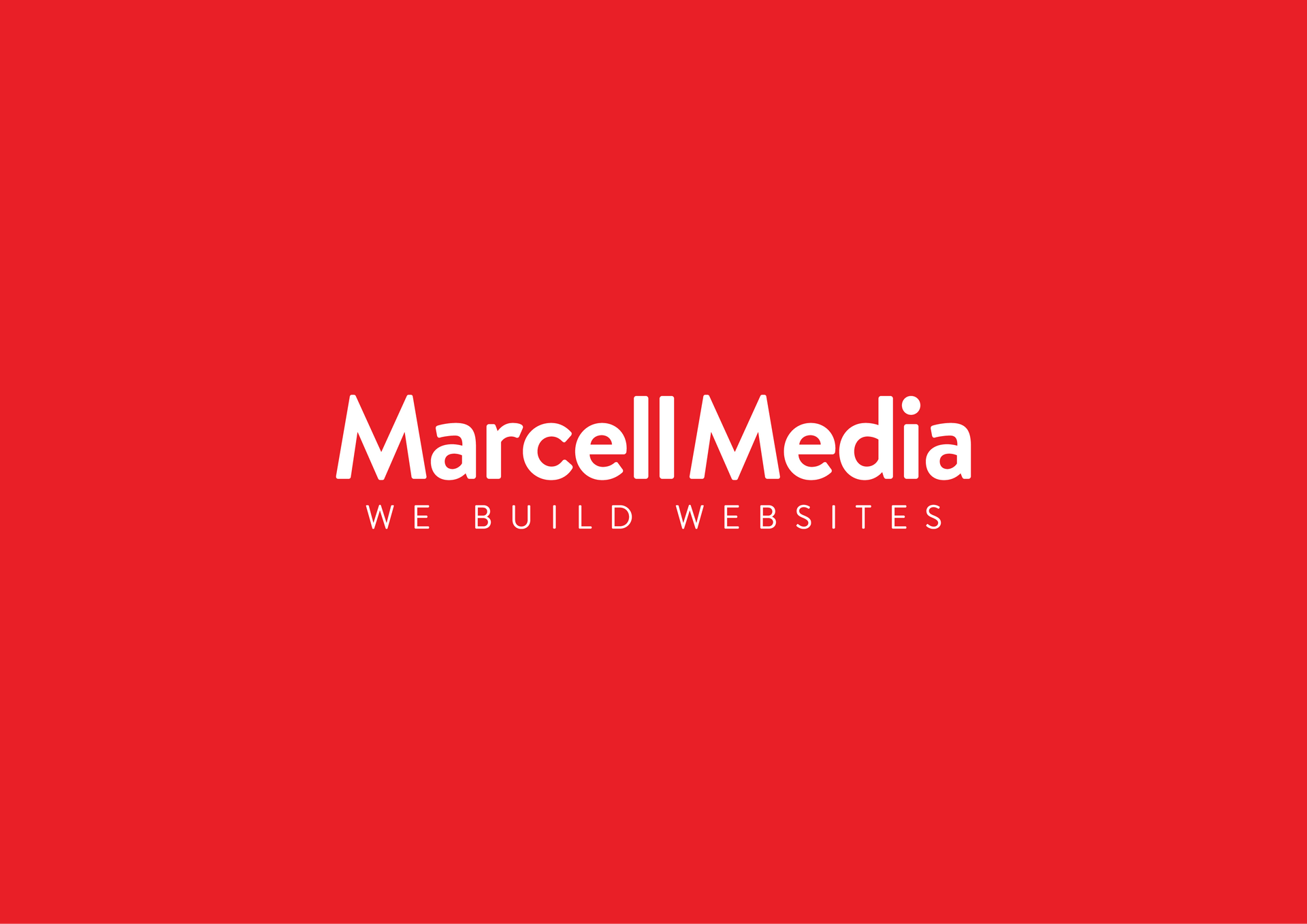










Will be using for upcoming projects in the future!
Marcell Media helped me to complete a recent project and I couldn’t be more pleased with the service! Always on-hand to fix any queries I’ve had along the way. Will be using for upcoming projects in the future!
Honestly wish I had found them years ago
These guys made a really great job of delivering exactly what I needed, very easy to work with, nothing has ever been a problem even when I’ve asked annoying questions!
Thank you so much
They are the best and most reliable company I've ever worked with. I feel safe since day 1 and knew they understand my ideas and willing to work hard to get the best results.
More than helpful
Did a great job for me nearly 2 years ago, i decided to try something different and regret the move. I've spoken with them on 2 occasions since my move and he's been more than helpful.First class service.
Could not recommend highly enough
Absolutely fantastic service from start to finish. Could not recommend highly enough. The team outlined exactly what we would get, for how much and how long it would take. Five stars. Thank you.
Extremely helpful customer service
First class experience, very happy with the product delivery. Great value for what is a great looking, effective, professional product. They know what is needed to build the perfect website.
Good service all round
We have worked with Marcell Media for many years now, they haver created an outstanding website for us and the marketing campaigns have yielded fantastic results. Good service all round. Would highly recommend.
I wholeheartedly recommend
I am thrilled to share my appreciation and gratitude for the outstanding service provided by Marcell Media during our recent rebranding project for our company. From the initial consultation to the final implementation, Marcell Media exceeded our expectations at every step of the way.

Slide title
Write your caption hereButton
Slide title
Write your caption hereButton
Slide title
Write your caption hereButton
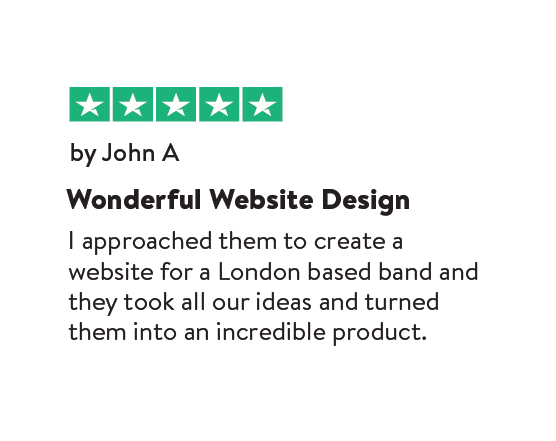
Slide title
Write your caption hereButton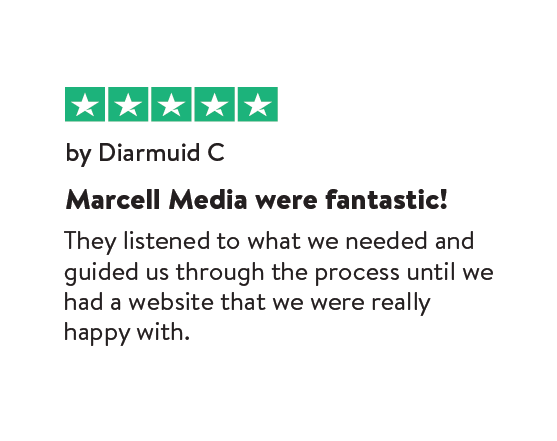
Slide title
Write your caption hereButton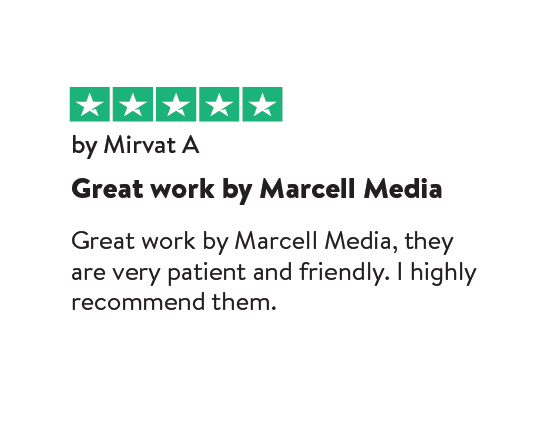
Slide title
Write your caption hereButton
-
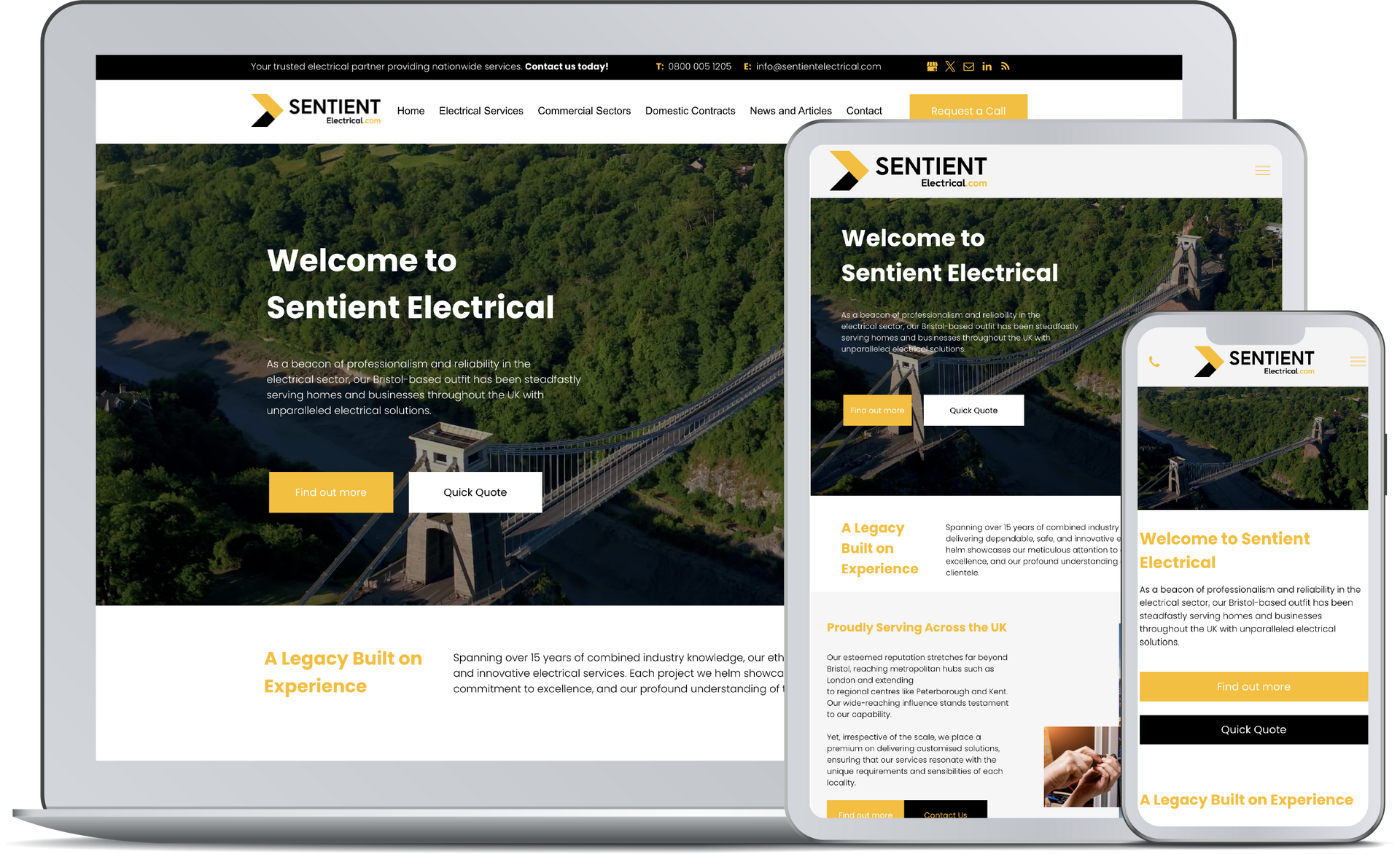
Slide title
Write your caption hereButton -
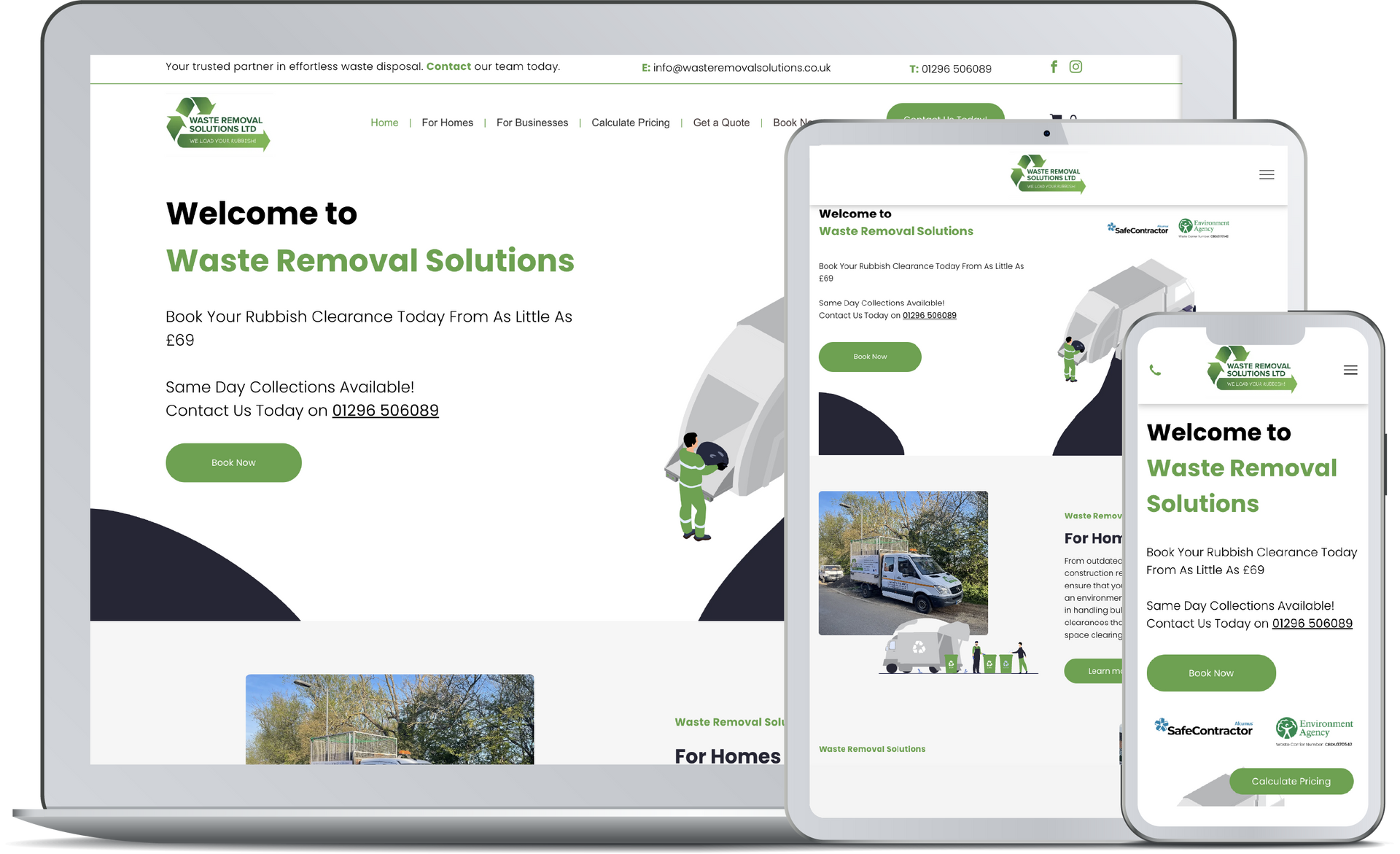
Slide title
Write your caption hereButton -
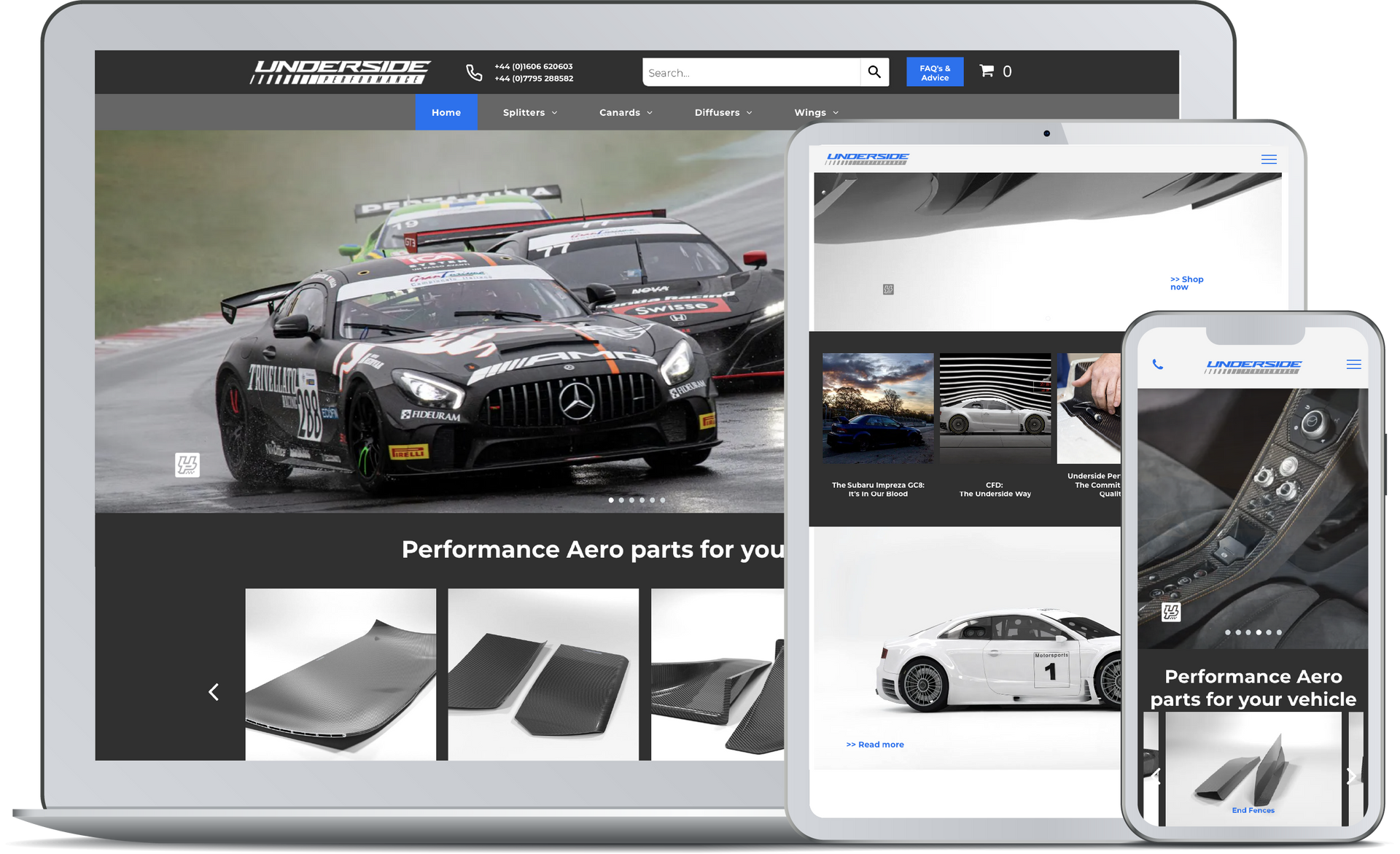
Slide title
Write your caption hereButton -
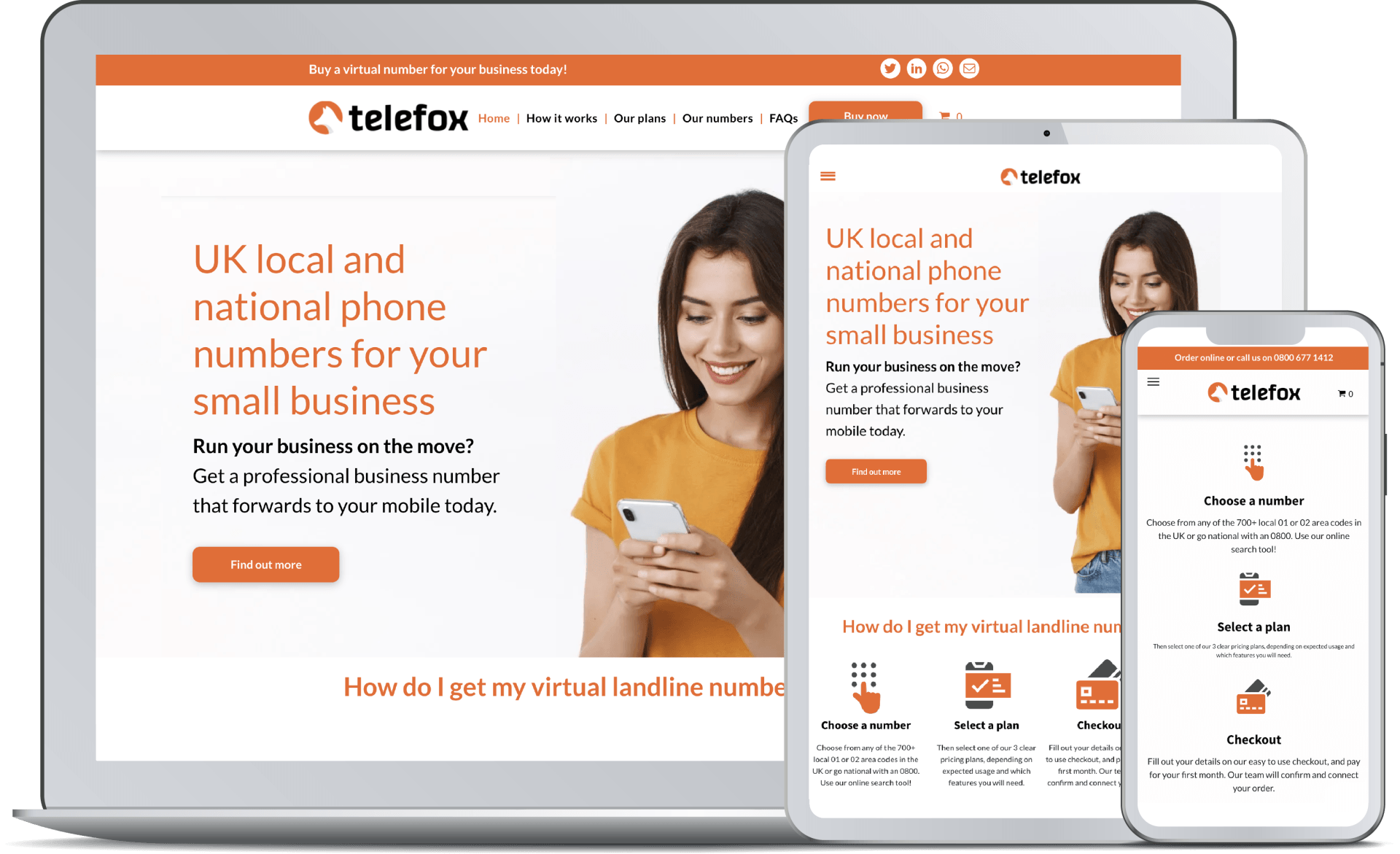
Slide title
Write your caption hereButton -
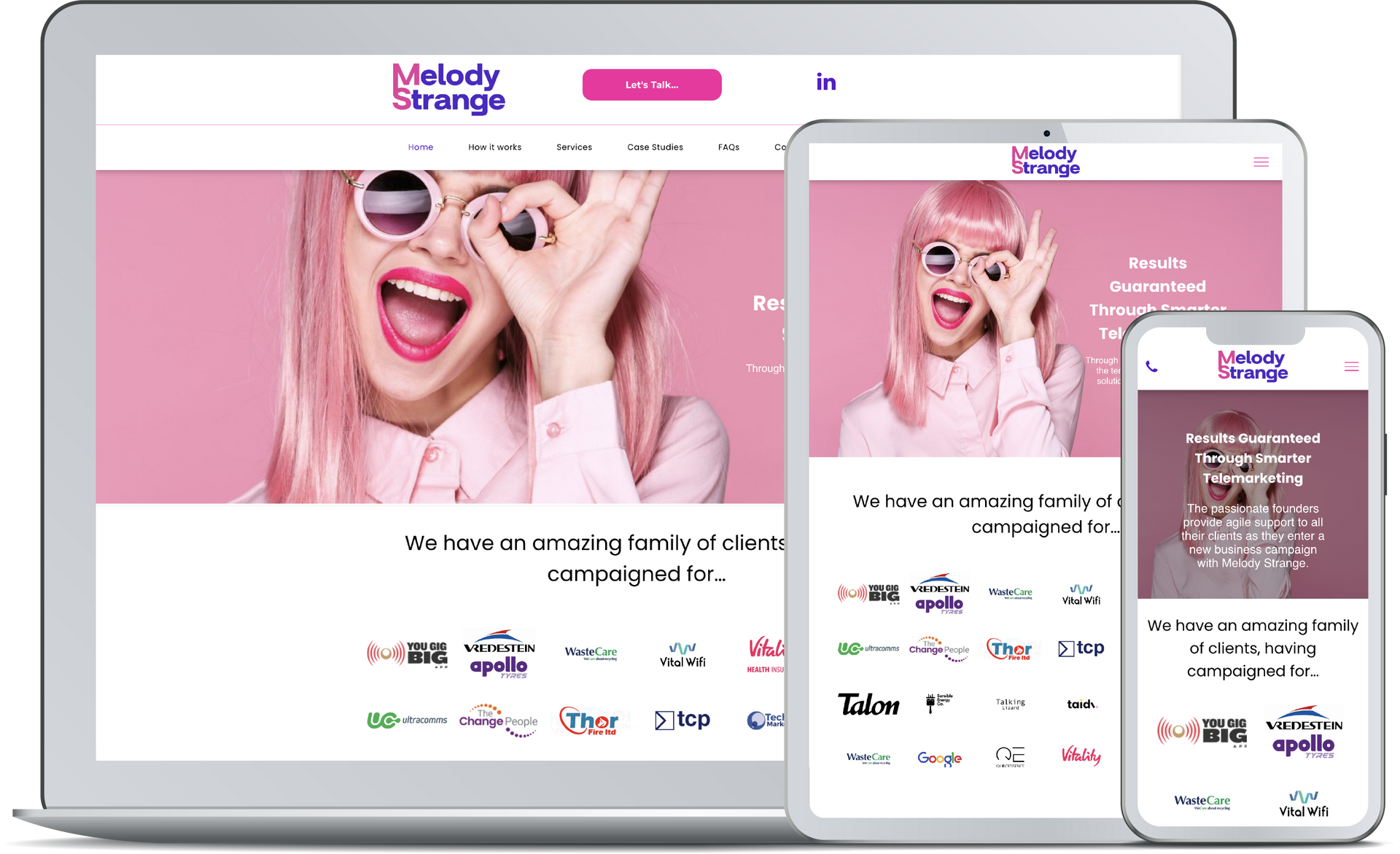
Slide title
Write your caption hereButton -
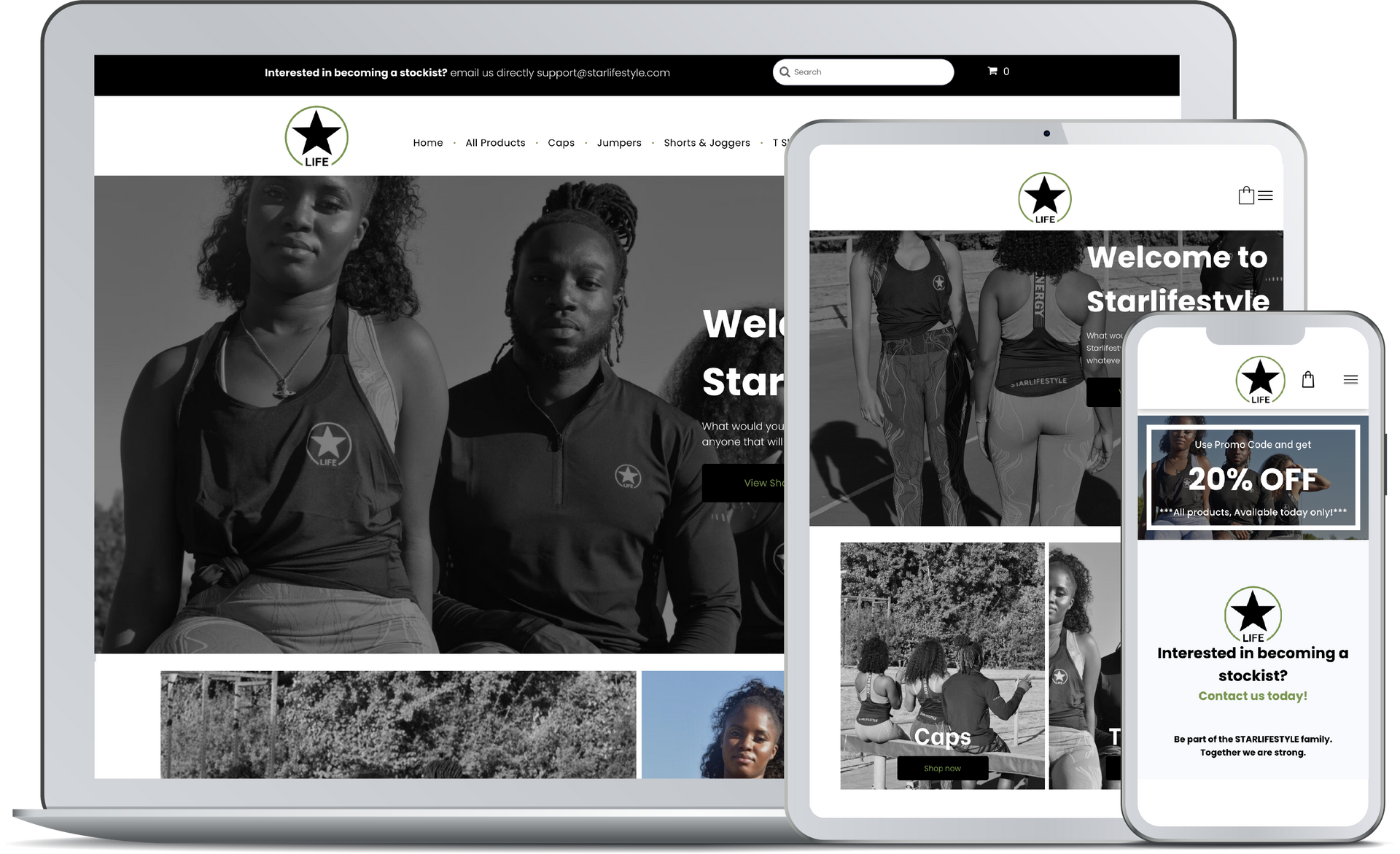
Slide title
Write your caption hereButton -
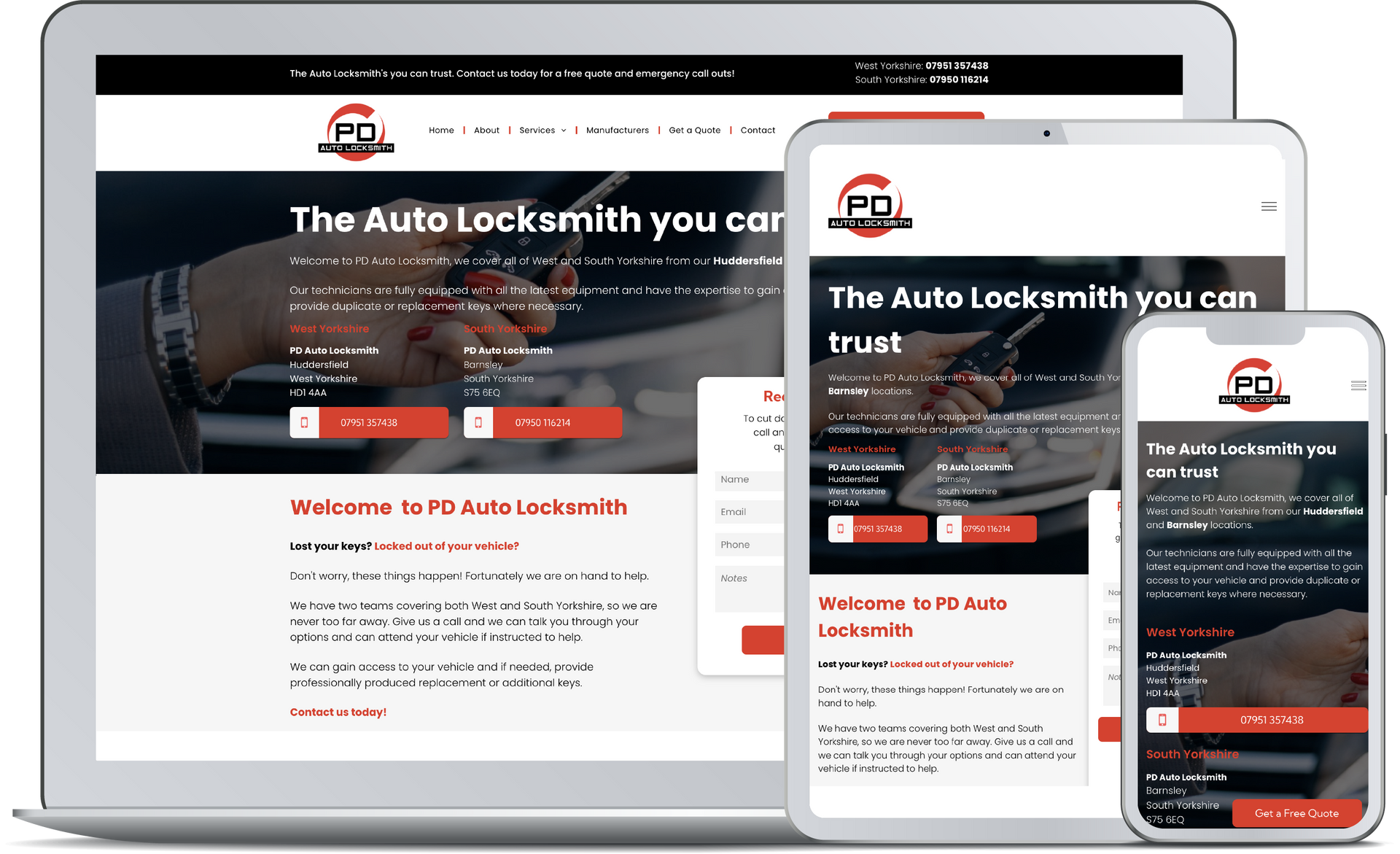
Slide title
Write your caption hereButton -
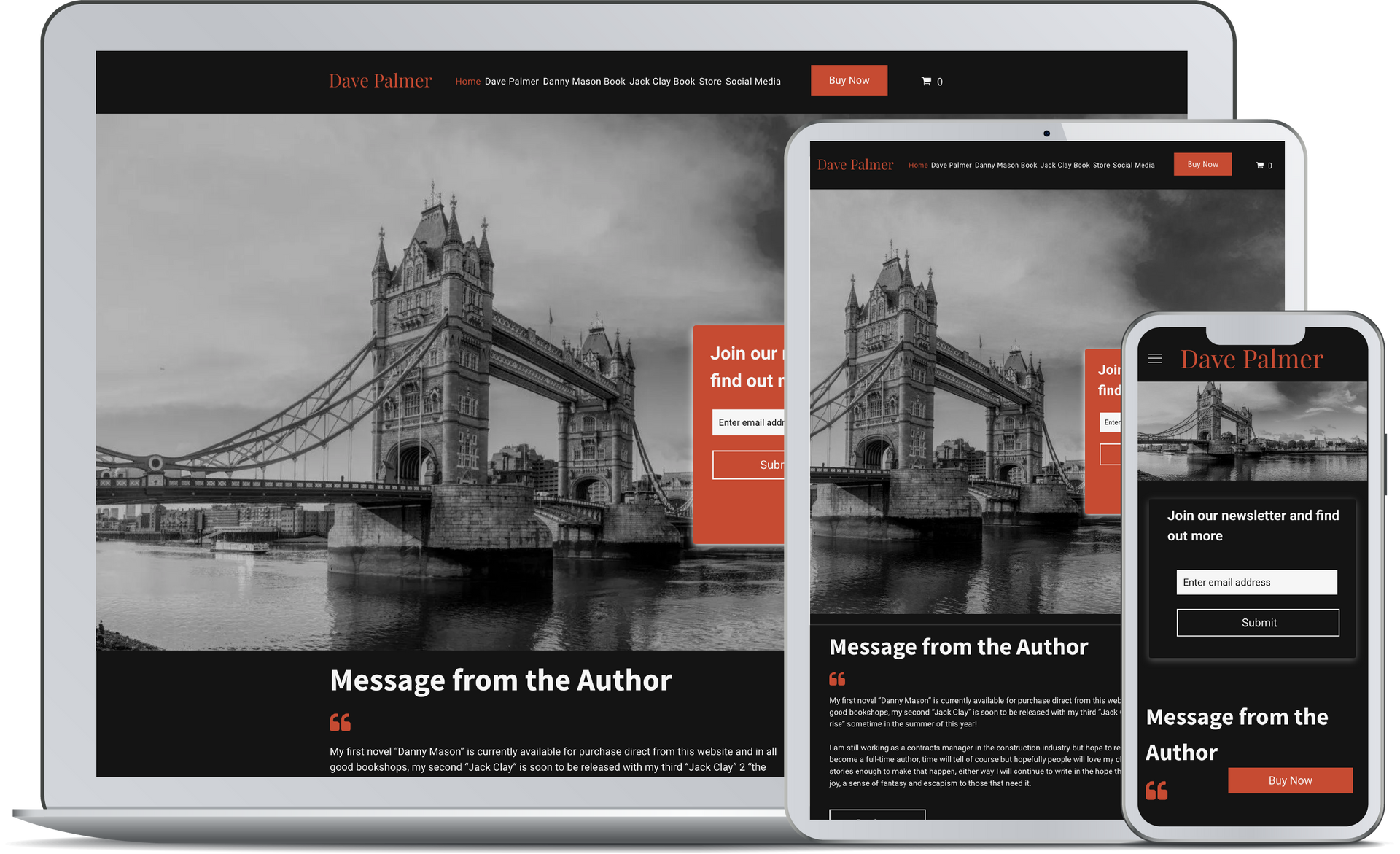
Slide title
Write your caption hereButton -
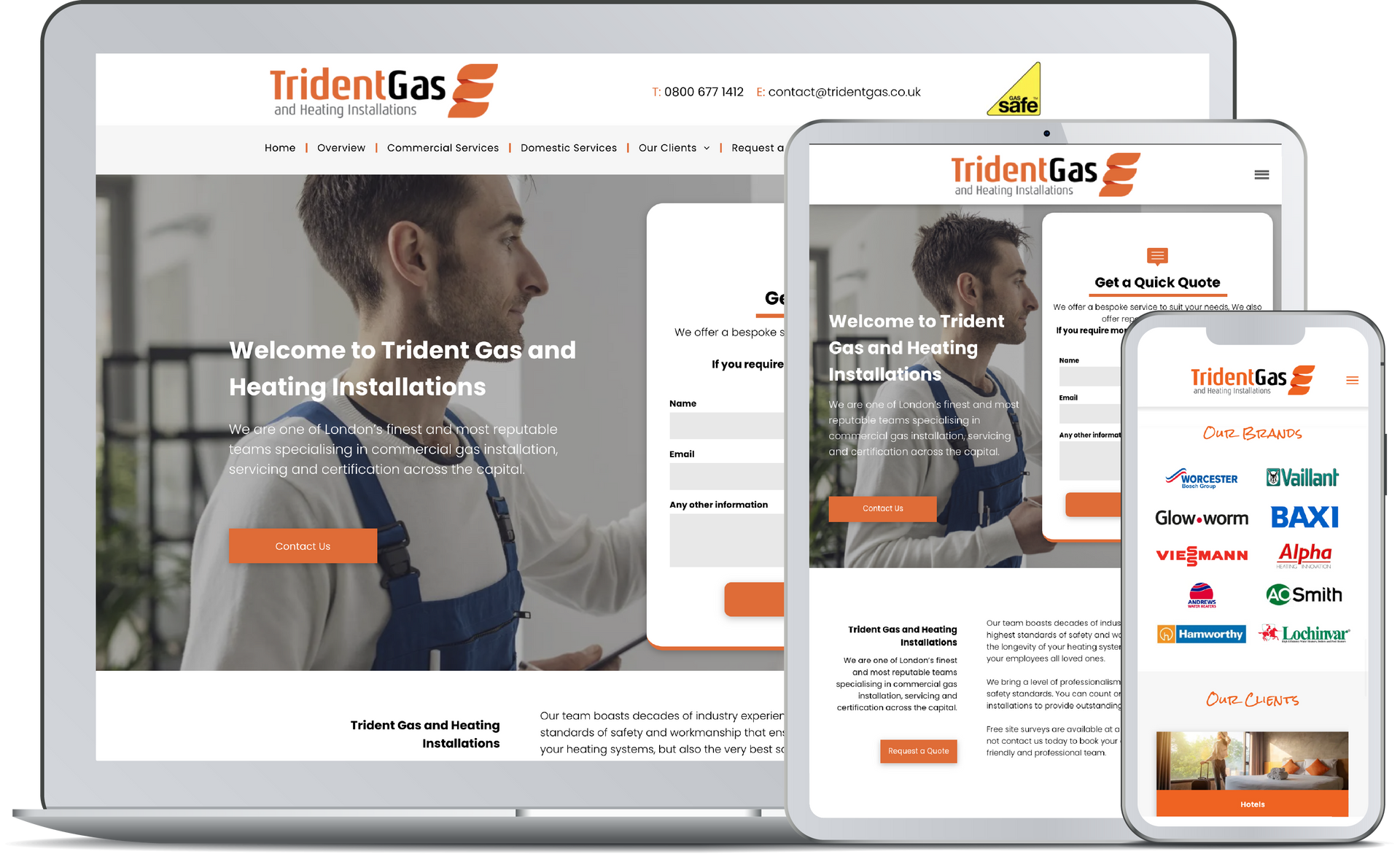
Slide title
Write your caption hereButton -
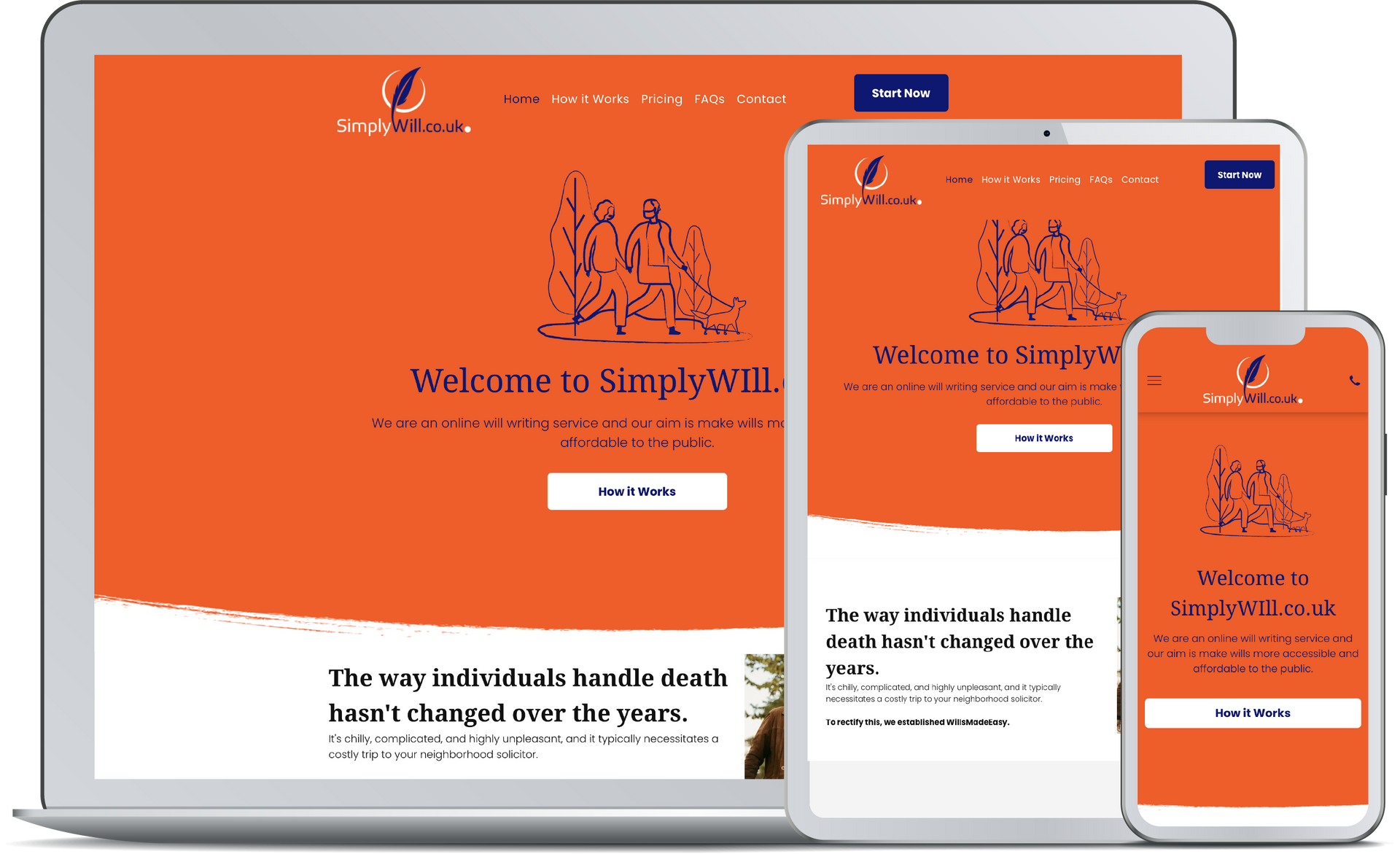
Slide title
Write your caption hereButton -
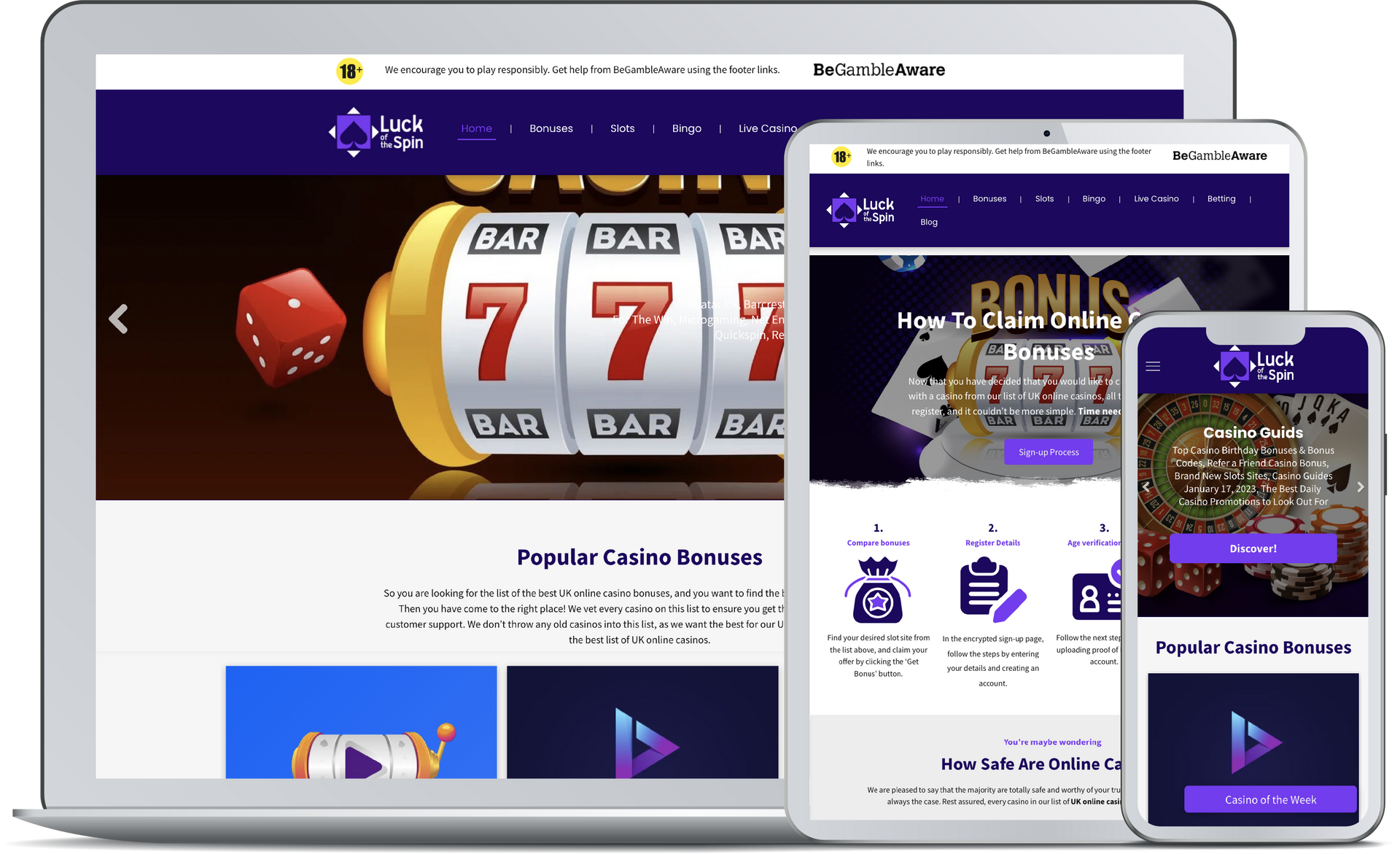
Slide title
Write your caption hereButton -
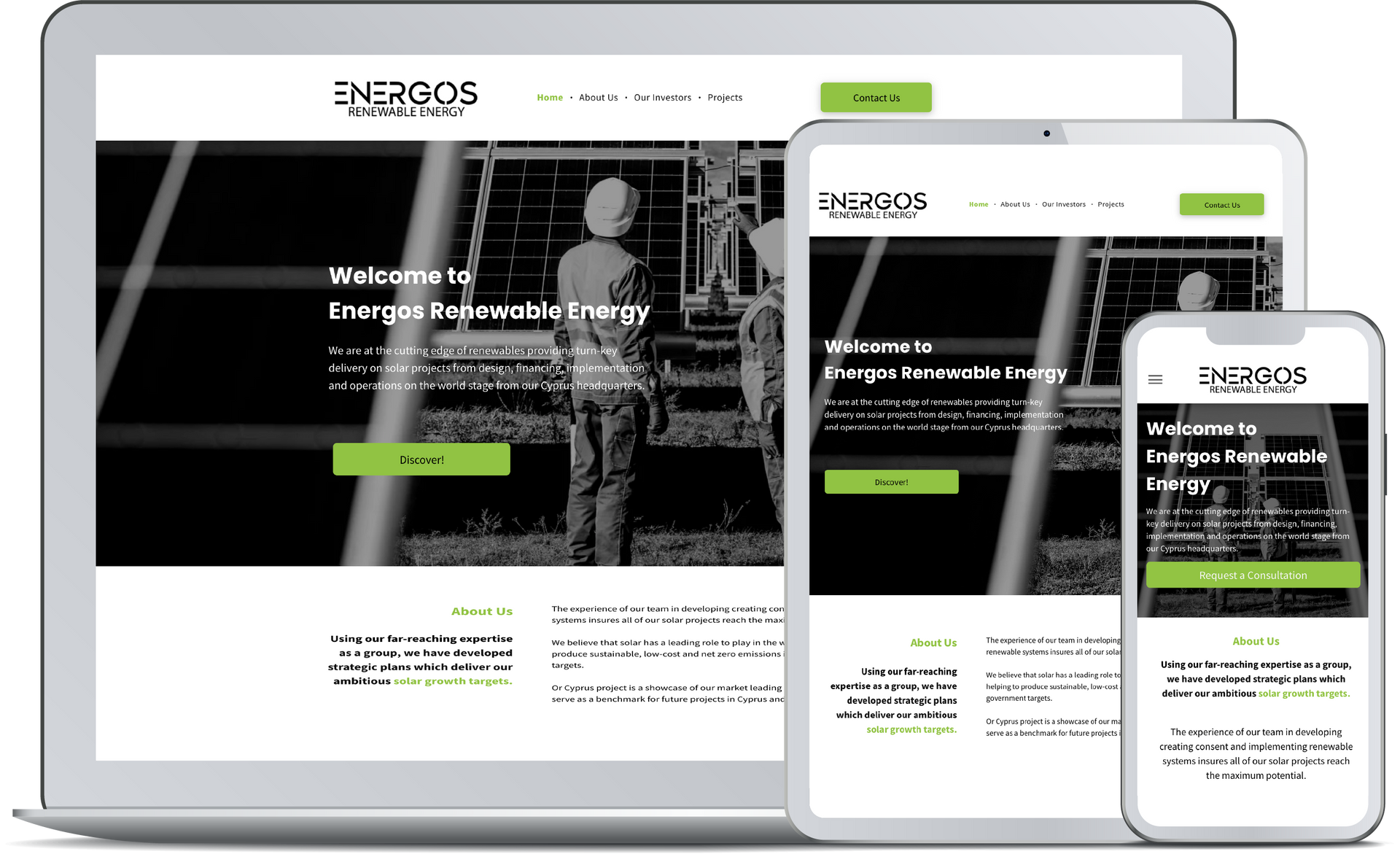
Slide title
Write your caption hereButton -
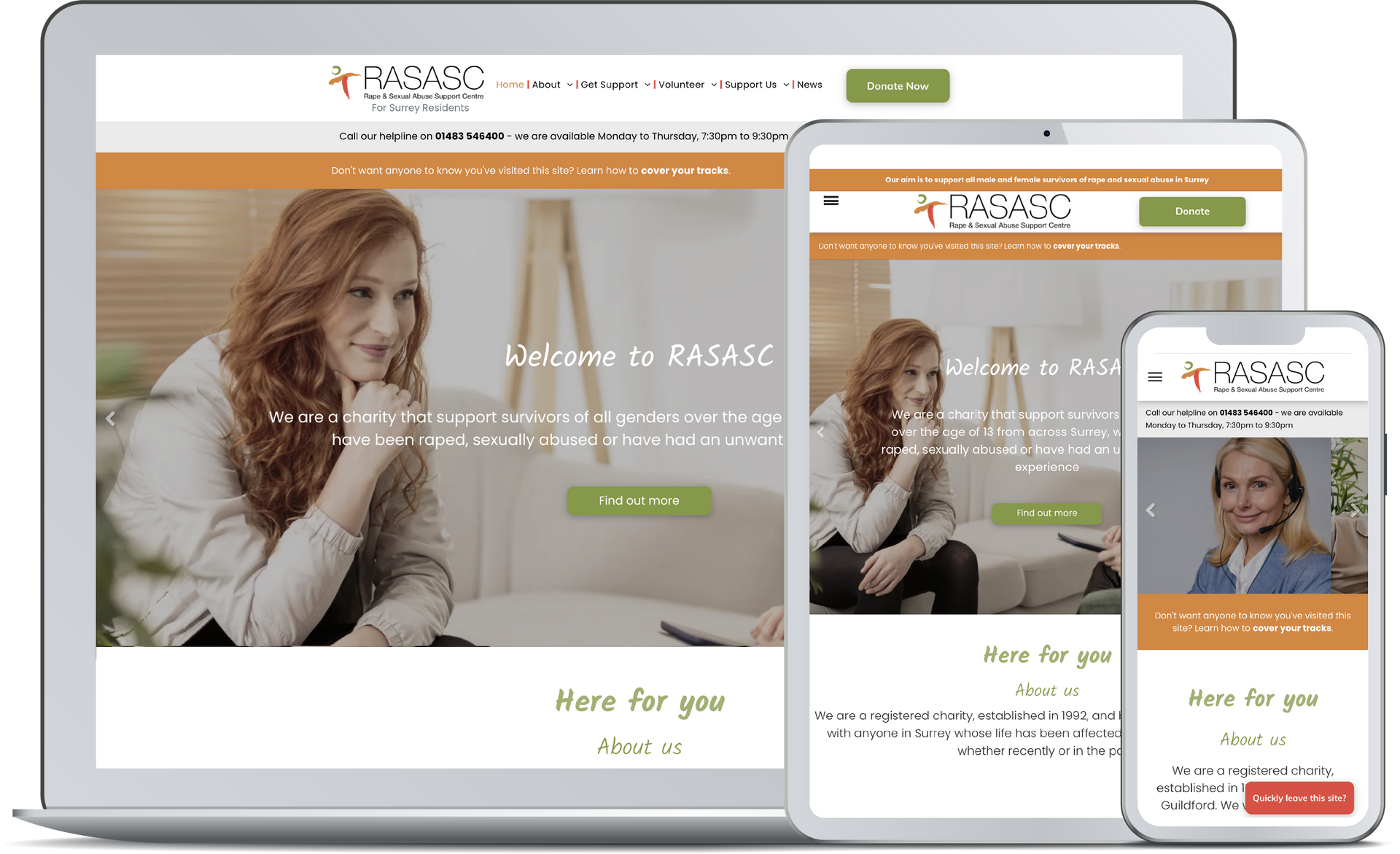
Slide title
Write your caption hereButton -
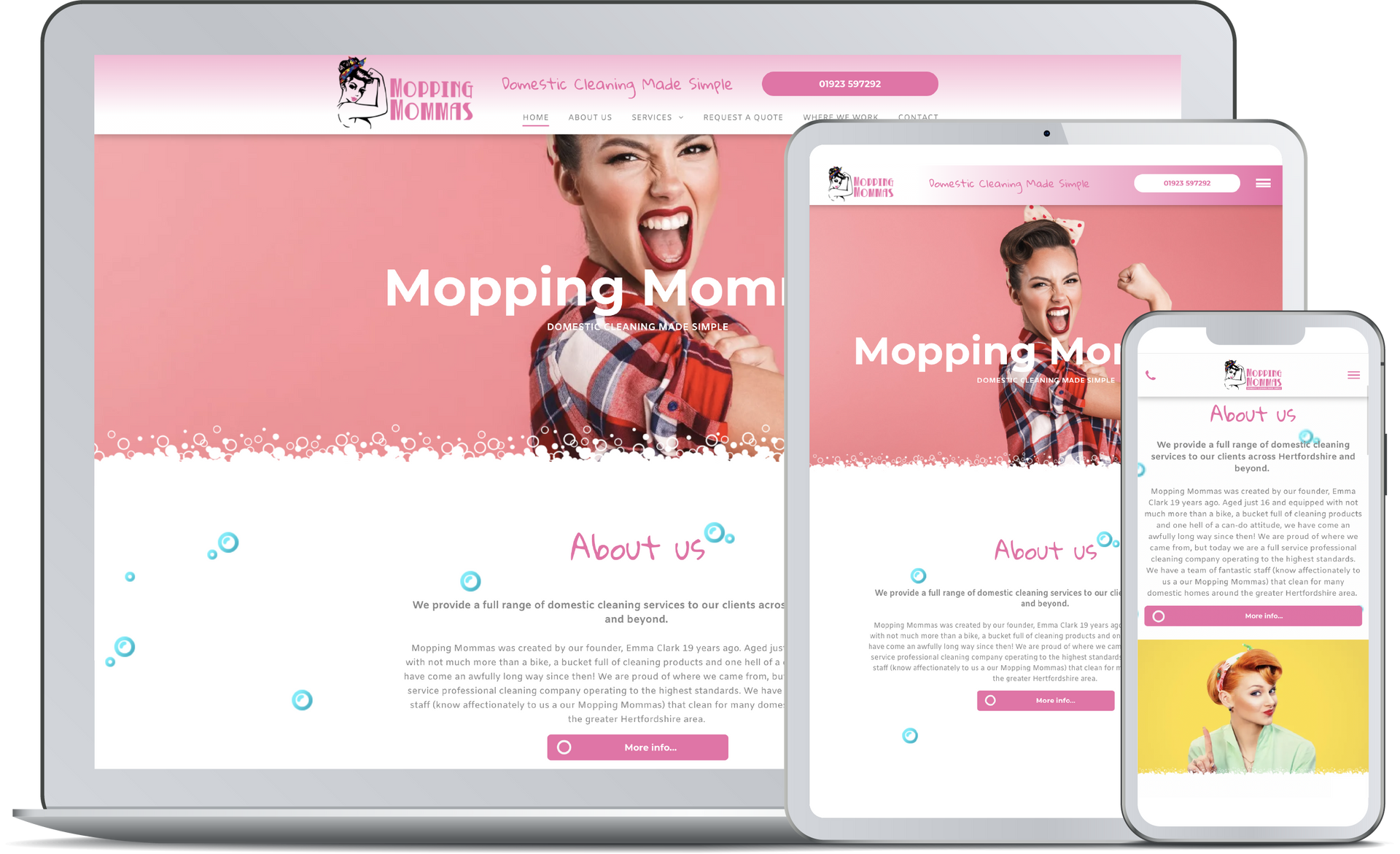
Slide title
Write your caption hereButton -
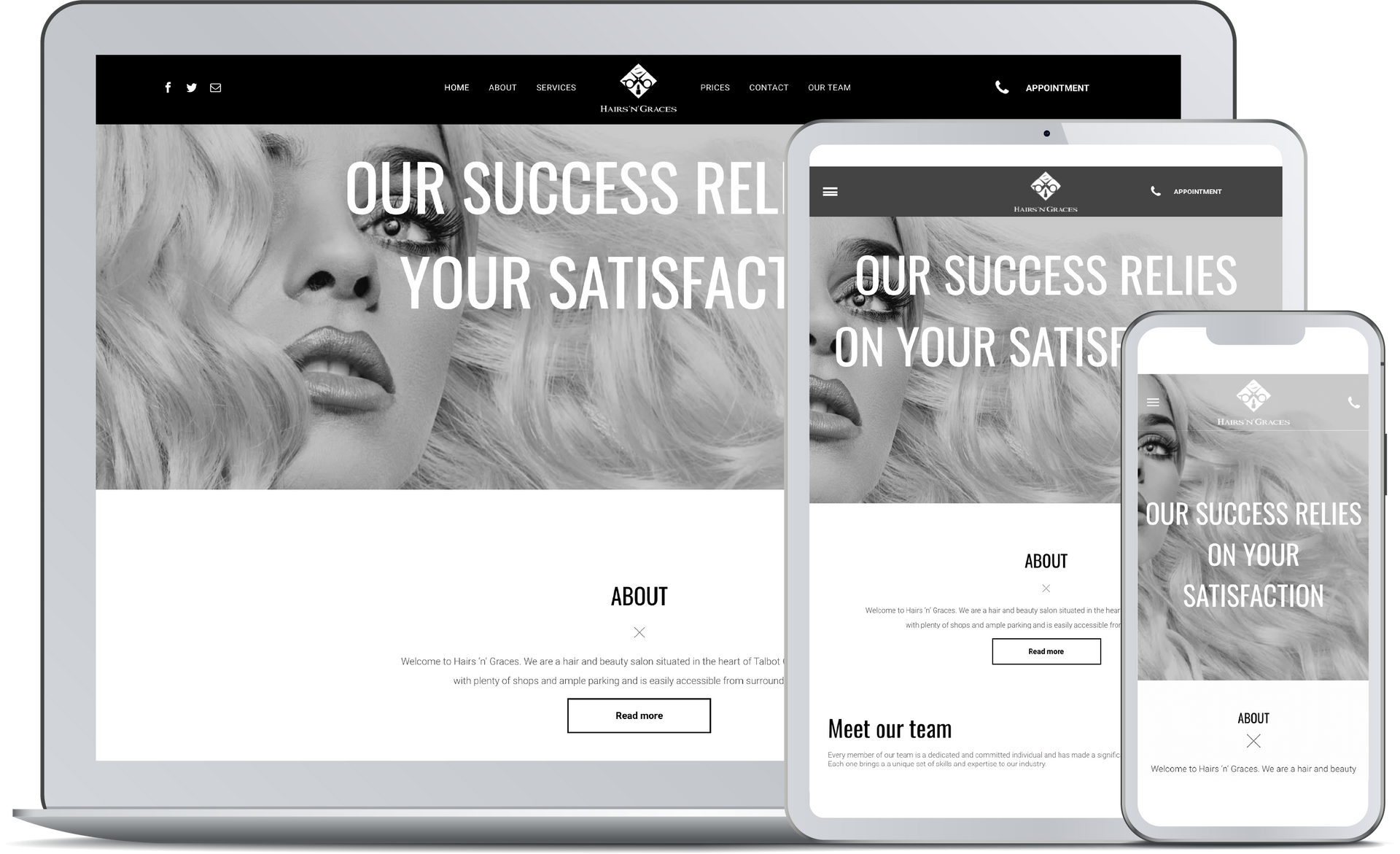
Slide title
Write your caption hereButton -
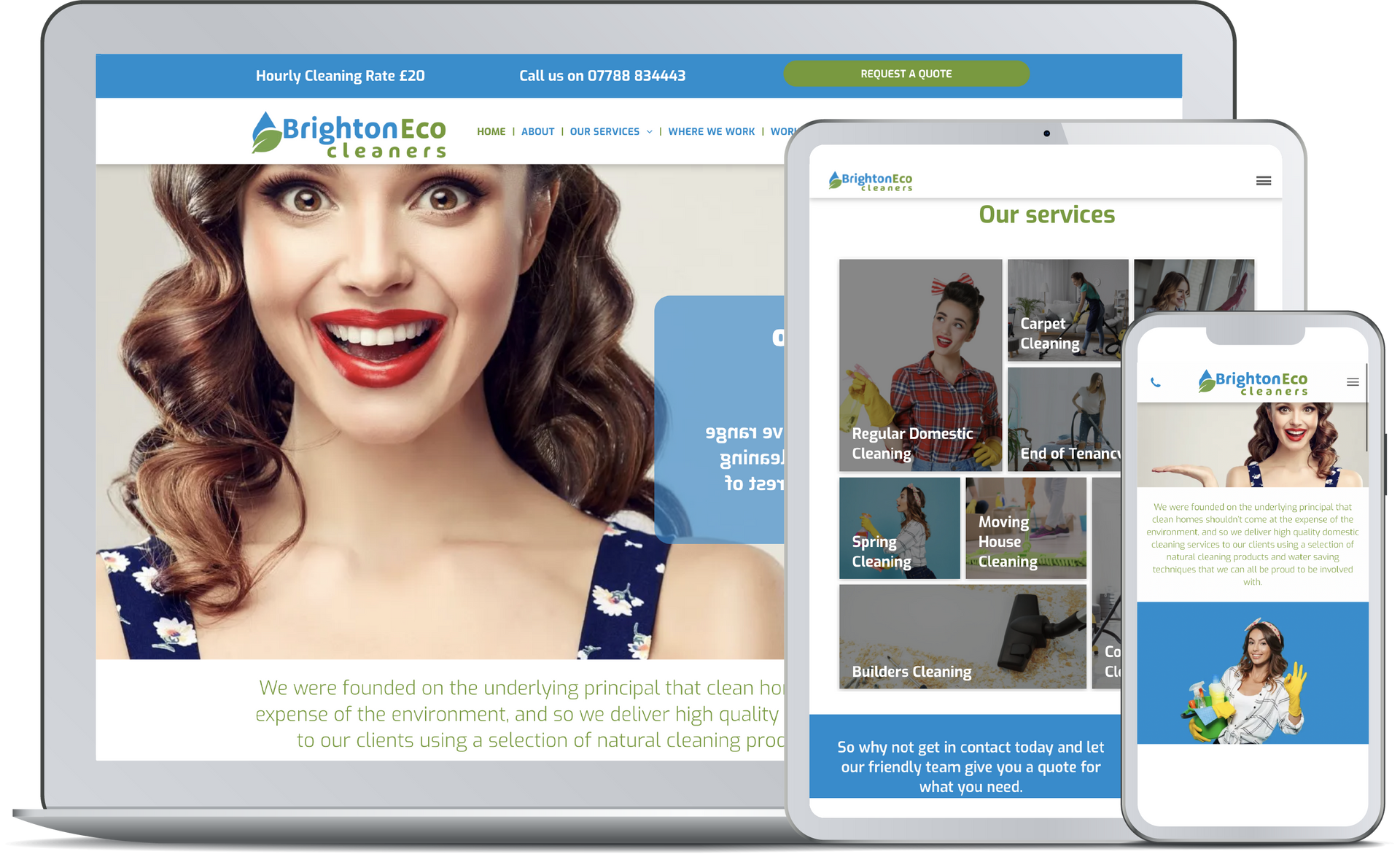
Slide title
Write your caption hereButton -
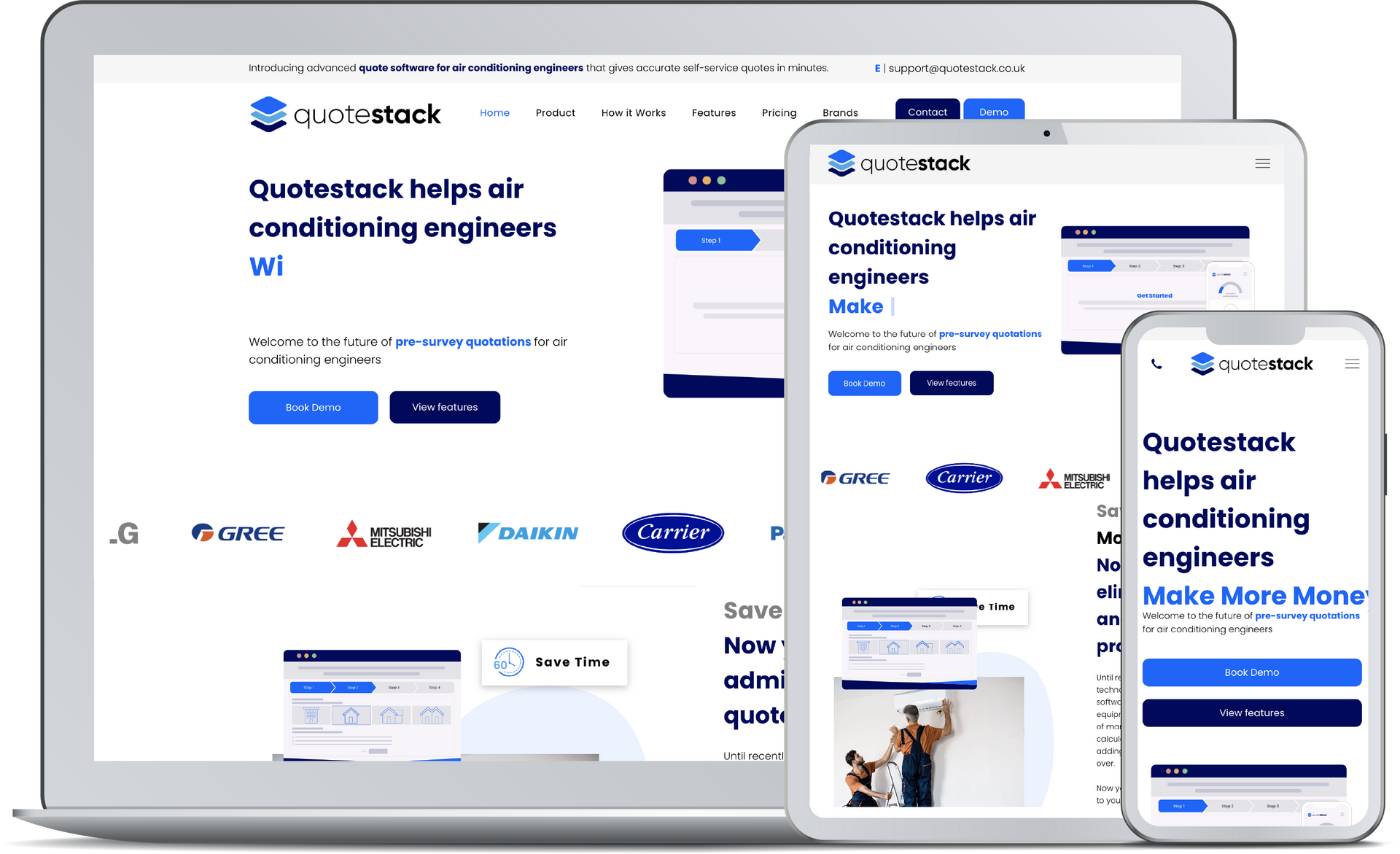
Slide title
Write your caption hereButton -
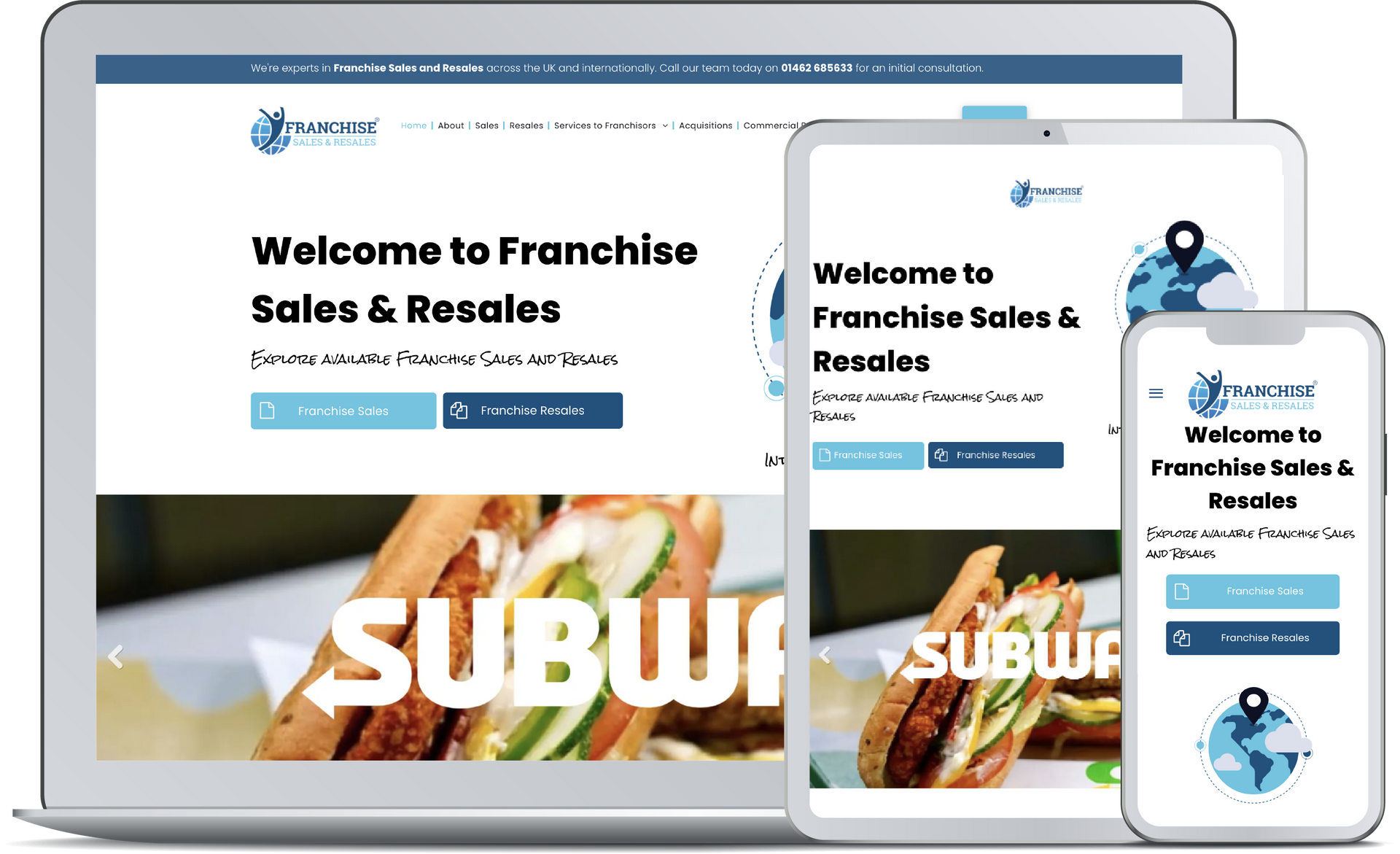
Slide title
Write your caption hereButton -
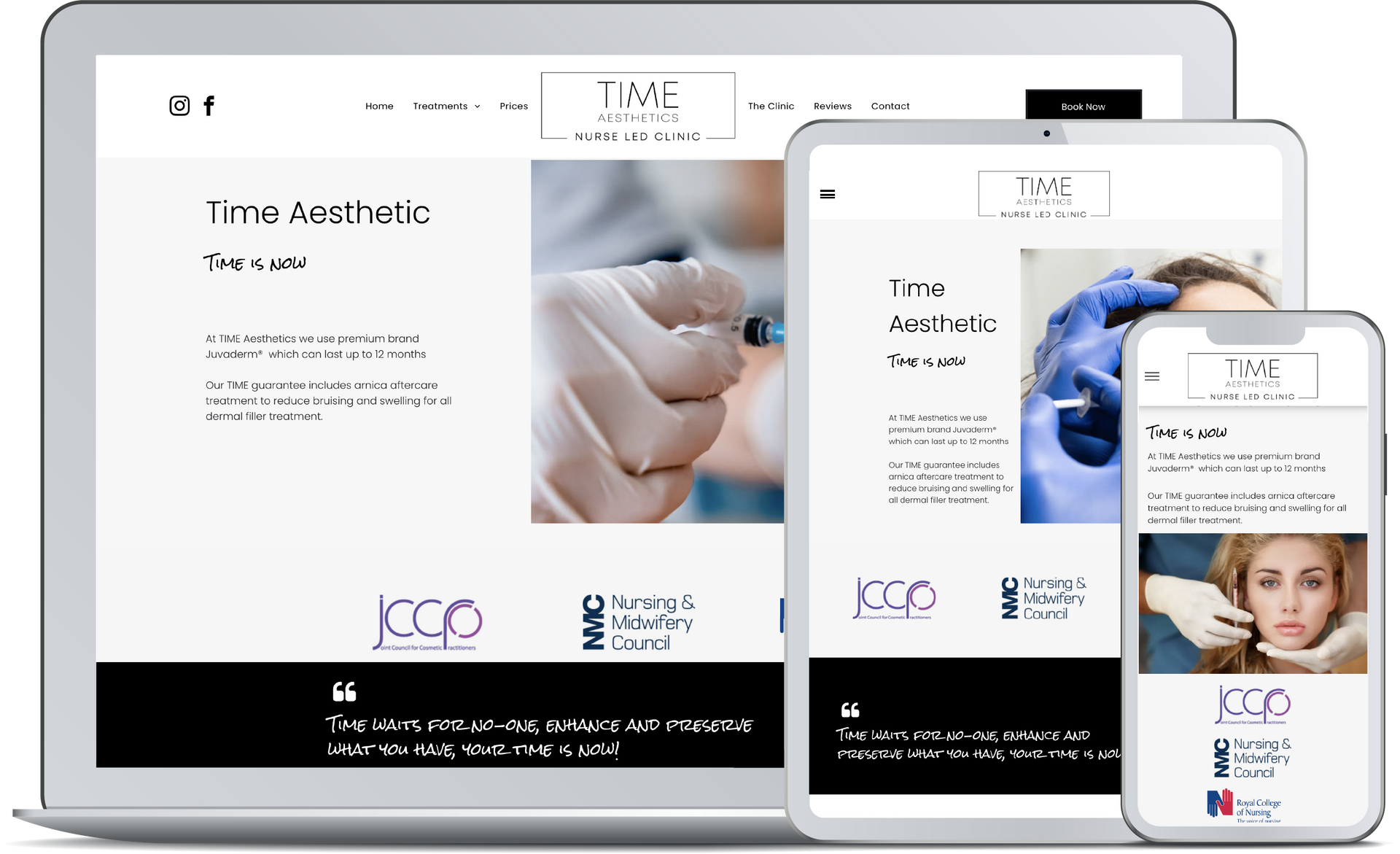
Slide title
Write your caption hereButton -
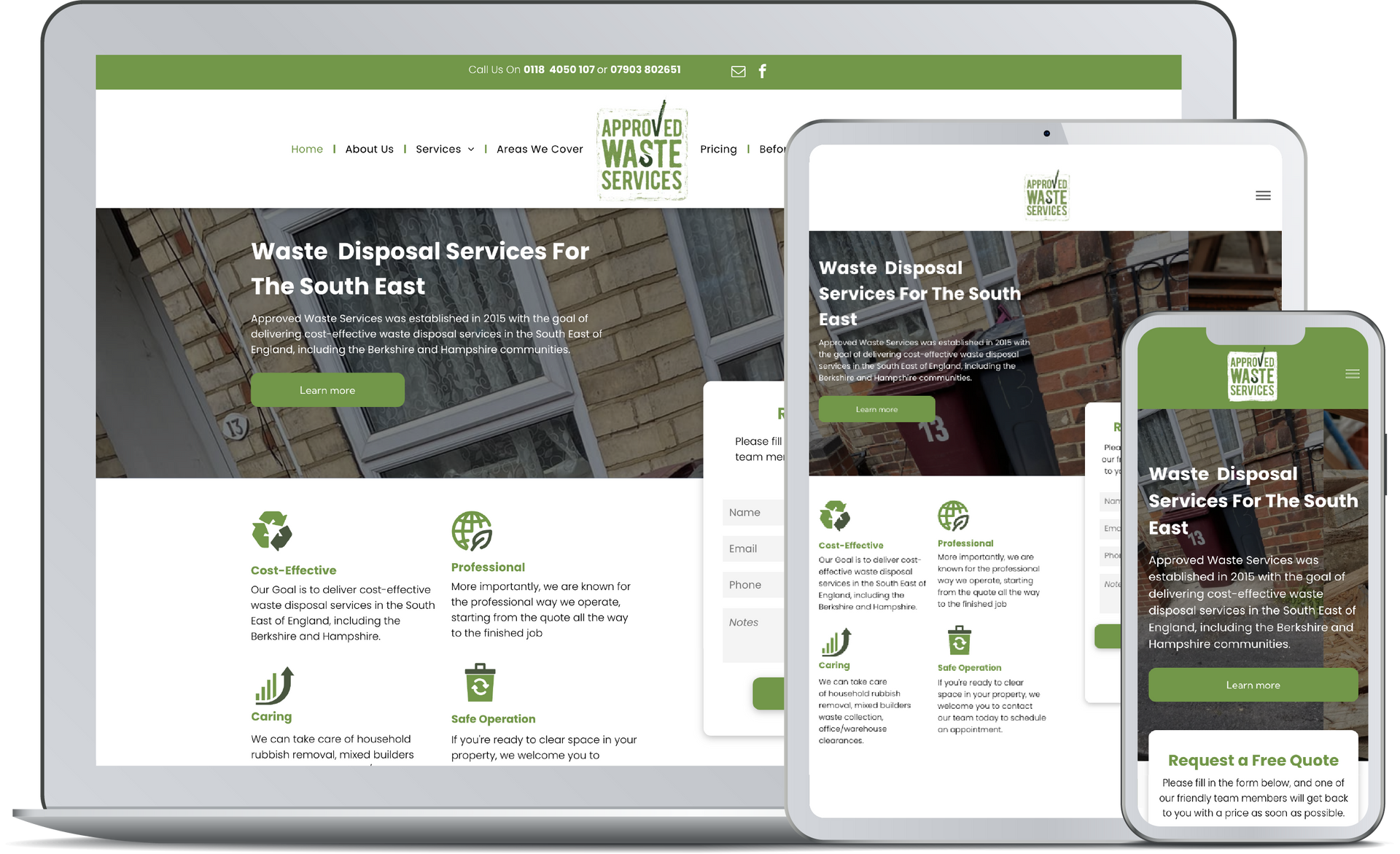
Slide title
Write your caption hereButton -
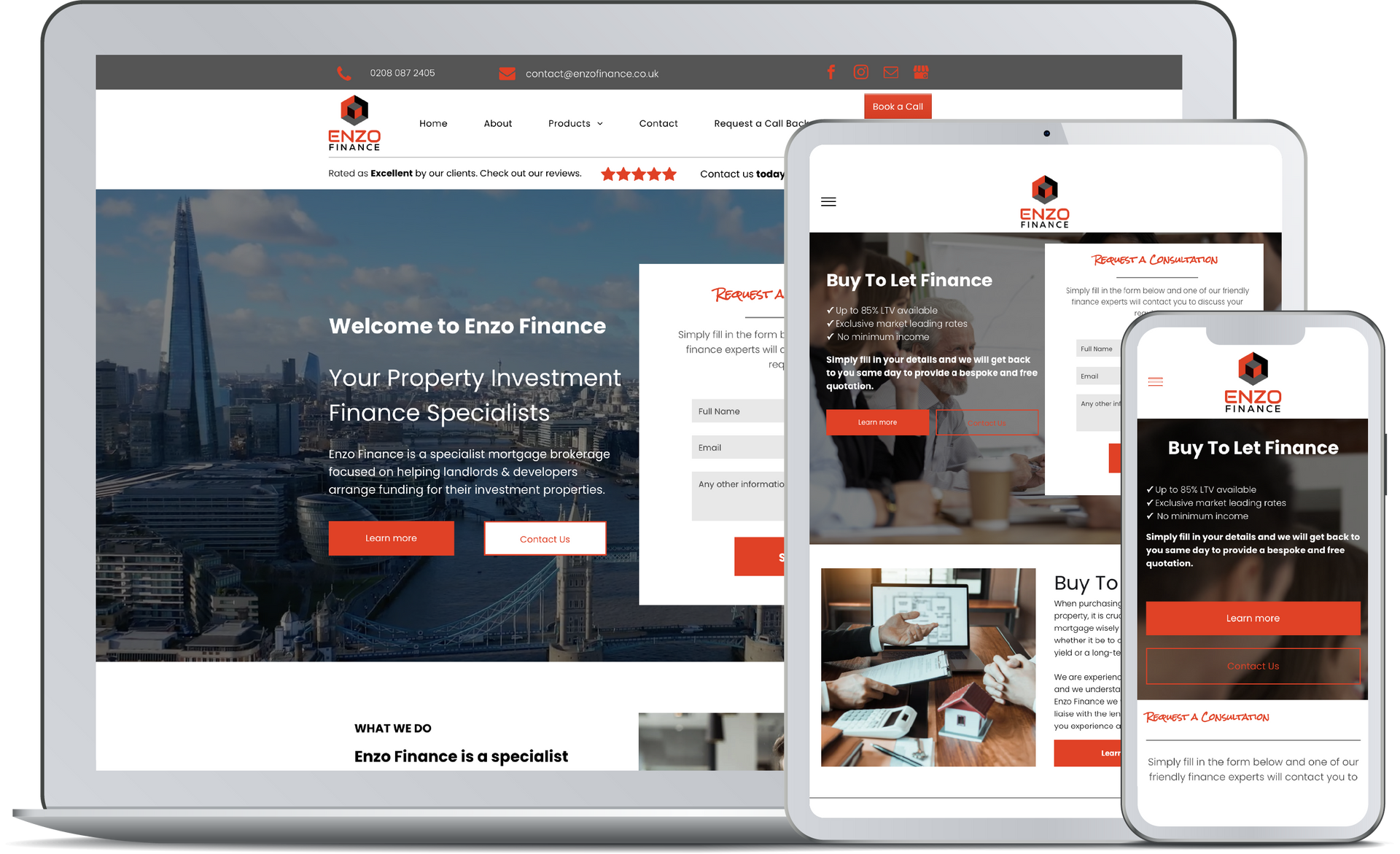
Slide title
Write your caption hereButton -
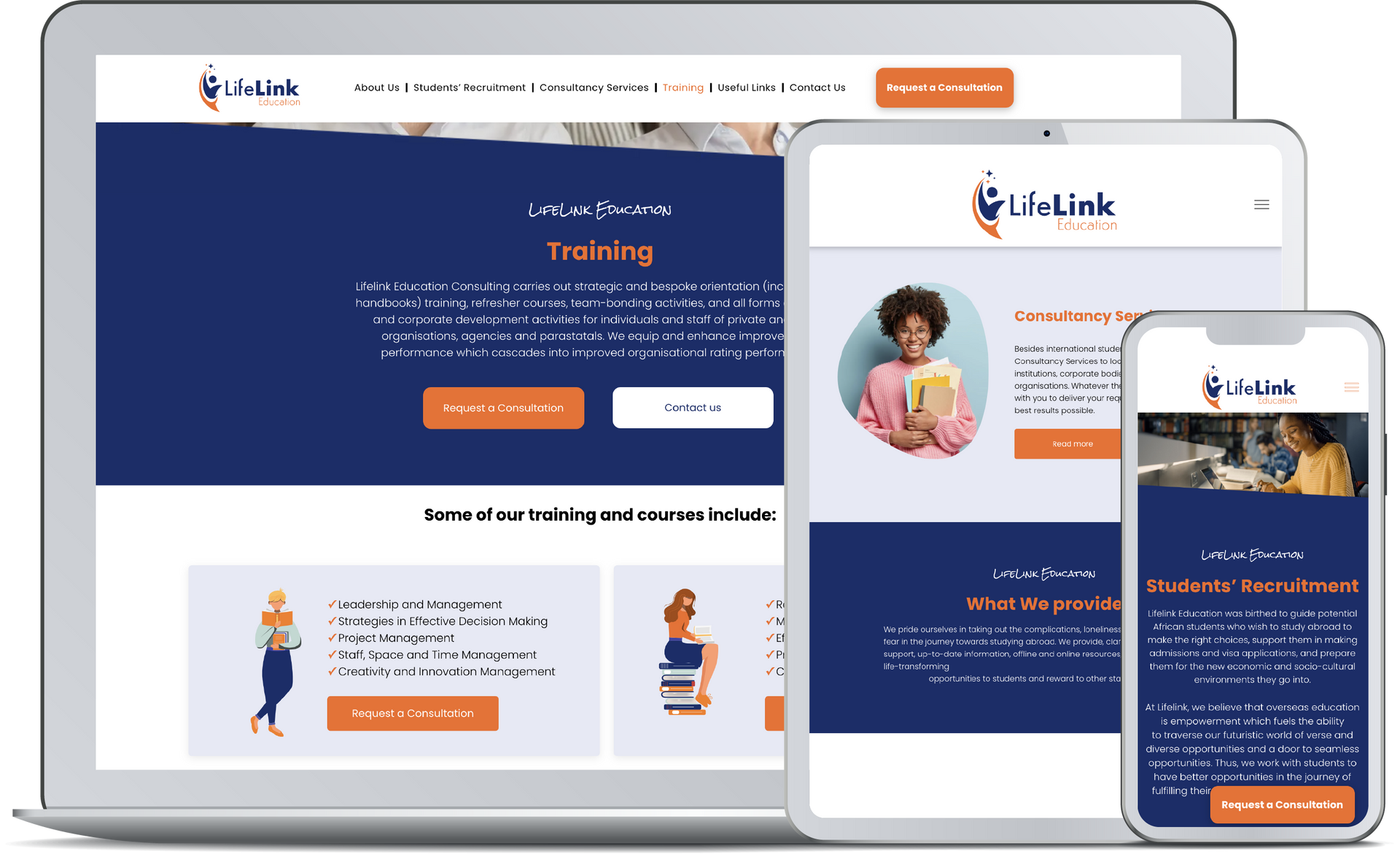
Slide title
Write your caption hereButton


Business Hours
- Mon - Fri
- -
- Sat - Sun
- Closed







Navigation
Careers
Buy Now
Agency
Useful Links
Policies
All Rights Reserved | Marcell Media | Various trademarks held by their respective owners



